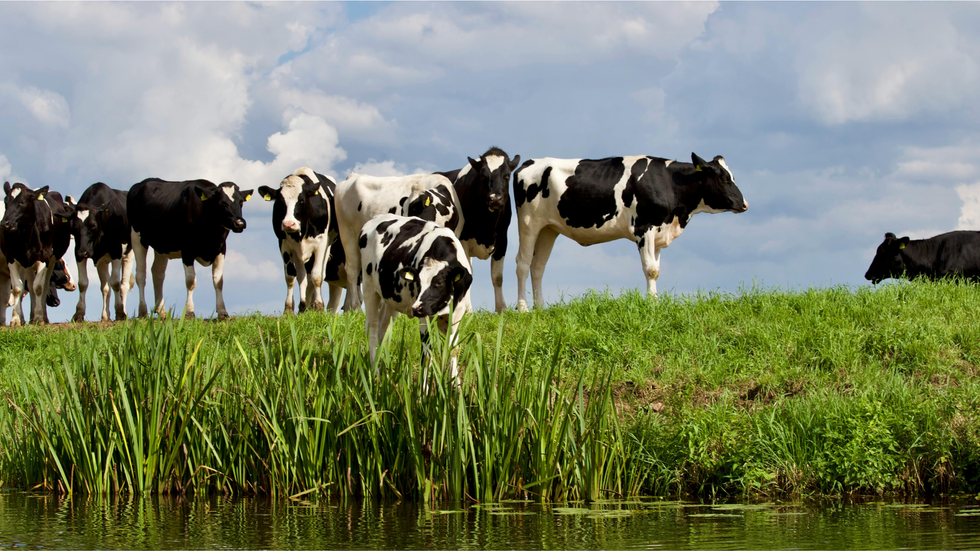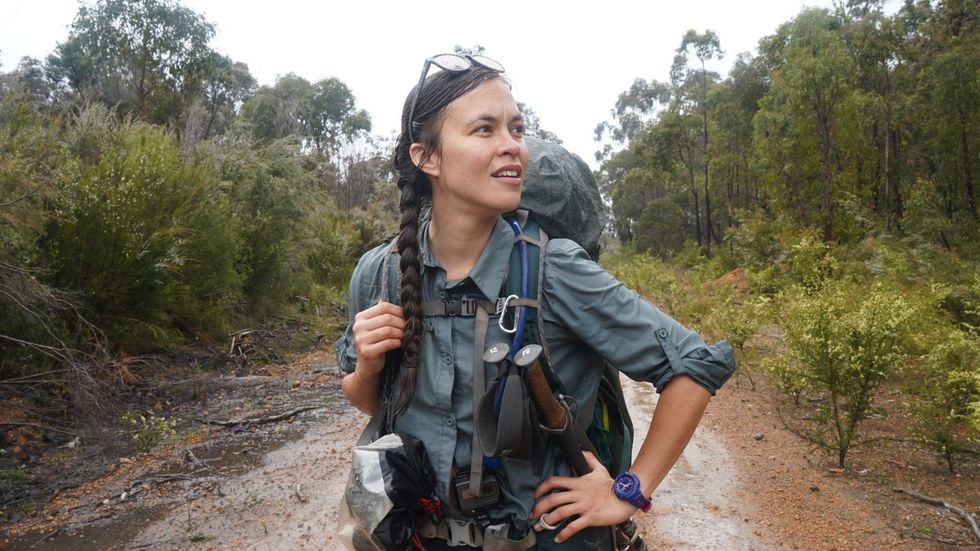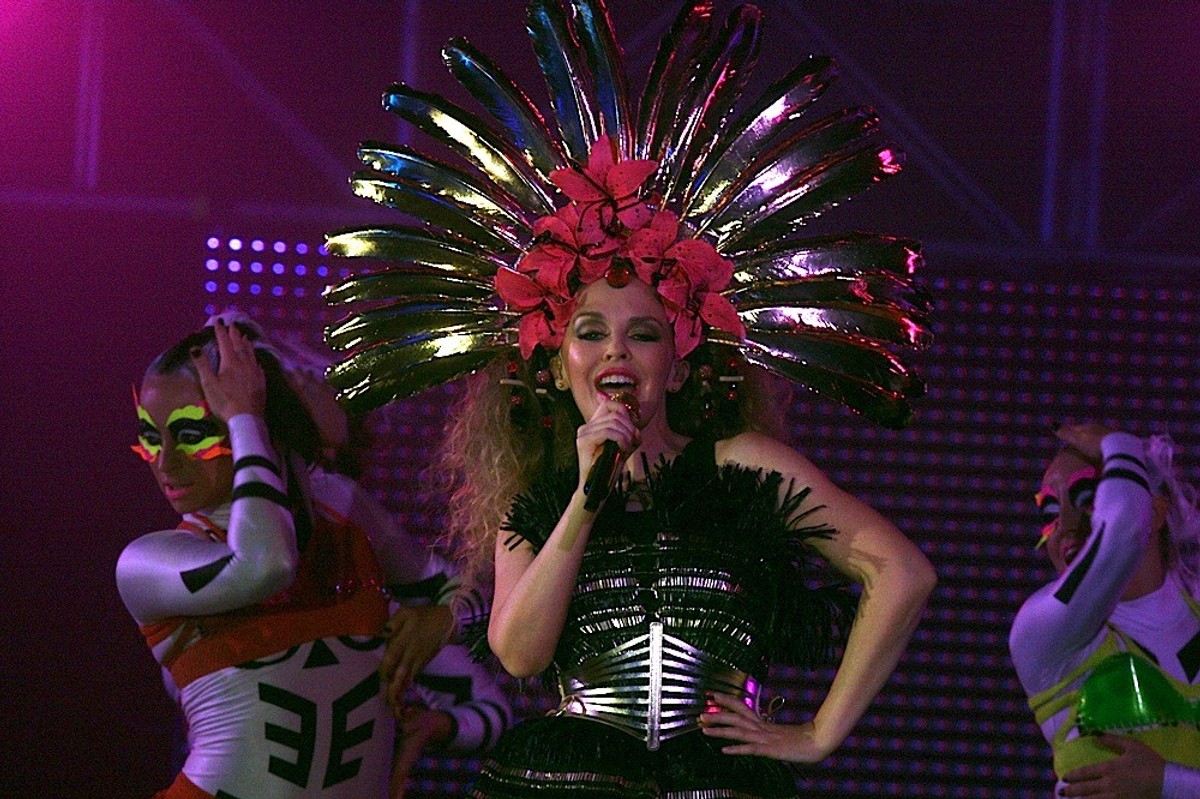As record-breaking temperatures sweep across the country and politicians debate emissions targets, young Australians feel unprepared for the future. They want to play a greater role in the climate change conversation.
In September, the federal government announced the updated emission reduction target to be reached by 2035. The new target is a reduction of 62 to 70 per cent in emissions below the 2005 levels.
However, many young Australians feel the government isn’t doing enough.
''The fact that we couldn't even get to a 75 per cent target, which was supposed to be the compromise, [is disappointing],'' says Owen Magee, the Sydney team leader of the Australian Youth Climate Council (AYCC).
''It's not strong enough. It doesn't protect young people.''
Despite being the generation most likely to be impacted by a changing climate, young Australians feel their concerns are being dismissed. Many are navigating fear and frustration, while they attempt to reclaim their voice in shaping the future .
No longer a distant scenario
The National Climate Risk Assessment (NCRA), a comprehensive government report on better understanding Australian climate risks and impacts, was released alongside the new emissions targets. Across more than 1,000 pages, the report highlighted the urgency behind the new emission target.
The assessment considers the risk to Australia in eight key areas: First Nations communities, economy, food systems, health, national security, transport, energy and the natural environment. It revealed that no sector of Australian life is safe from climate threats.
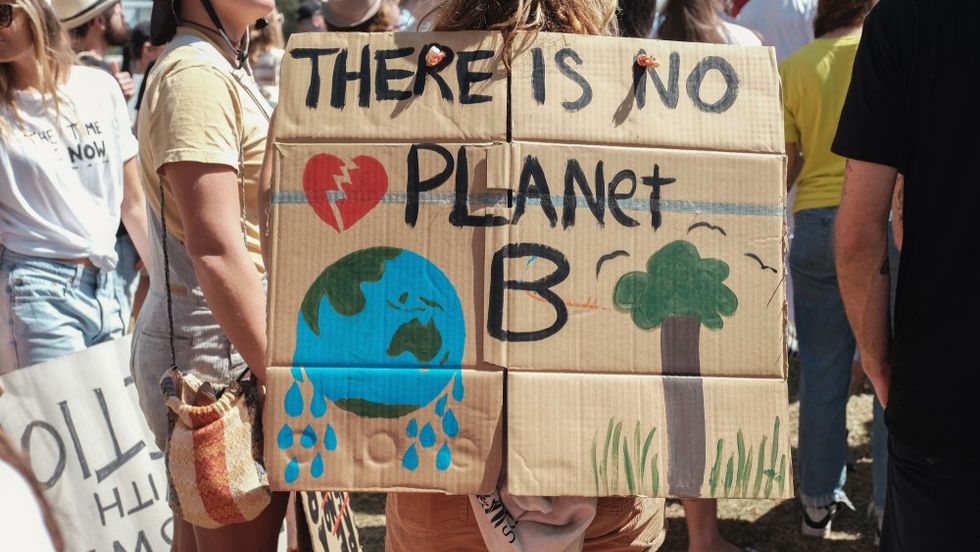
These risks aren’t just distant scenarios. In 2025, Australia experienced cyclones, floods, fires and drought. And in the first six months of 2025, Treasury figures showed that climate disaster cost the Australian economy $2.2 billion, with extreme weather events impacting supply chains and increasing prices for essential goods. Worse, it is predicted to cost the country $40 billion by 2050.
More young people affected
Young people are seeing the challenges of climate change up close. Last year a Unicef Australia report found that 1.4 million children and young people experience a climate disaster or extreme weather event every year in Australia.
So it's no surprise that climate change ranks among the top three issues that young Australians believe require immediate action, according to the 2024 Australian Youth Barometer.
Similarly, the Our World Our Say 2020 report from the Centre for Excellence In Child and Family Welfare’s survey found that 78 per cent of young people are extremely concerned about climate change.
Yet more than 80 per cent of young people feel their concerns aren’t being listened to.
''The influence of a fossil fuel lobbyist is much greater than the influence of a young person in Parliament," says Magee.
A report by Centre for Public Integrity found over the last two decades the resources industry’s political payments increased to $136.8 million, making the sector the biggest donor to Australian politics.
''The enormous amounts donated by a sector whose existence depends on the issuing of government permits is highly problematic for public trust in the democratic process,'' the report says.
''I think there are opportunities to have [young people’s] voices heard, but at the end of the day, the only voices that are being listened to are the donors to the major parties,'' says Conroy Blood, the convenor of the UNSW Greens and the Greens counsellor in Canterbury Bankstown Council.
Young Australians have long demonstrated their interest in the climate movement.
Magee was part of the School Strike for Climate movement while he was in high school. Later he joined AYCC, a youth-led movement working to find solutions to the climate crisis. Yet he often feels excluded from climate conversations, policy discussions and decisions.
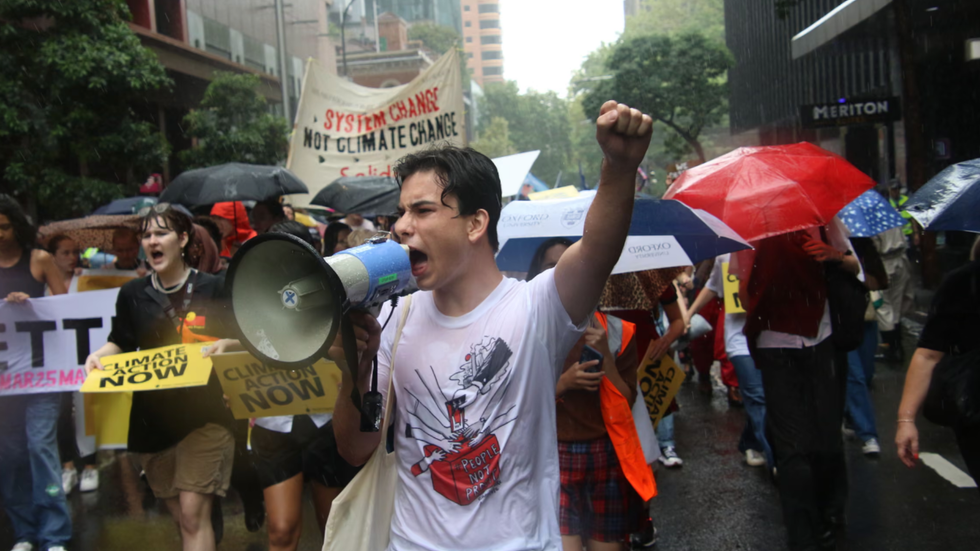
"There's nothing set out to keep young people involved. For us to be engaged in any of these processes, we have to be banging on their [government and policymakers’ ] door,'' Magee says.
Other young Australians feel the same way
''The Australian government keeps ignoring young people, so I’ve taken my case to the UN,'' says Chris Black, a year 12 student from Sydney.
Black is one of the nine young Australians who make up Generation Justice, a group who have taken the government's inaction into their own hands. The group has filed a human rights complaint with the United Nations Special Rapporteur on climate change against the Australian government for failing to protect their human rights and ensure a safe future in the climate crisis.
The role of universities
Young people are also concerned about the role of higher education institutions.
More than 40 per cent of Gen Z university students are "very concerned" with climate change, according to research produced by researcher Rodrigo Bardales Salguero, from Perth's Curtin University. But institutions are not adequately preparing young people for the future they’ll likely face, Magee says.
''You learn about the impacts … the solutions… but you aren't given ways and means to be involved in those solutions out of the fear of being too political,'' he says.
Then there’s the tension between students and universities, as students criticise the universities’ teaching the science of climate change whilst also accepting funding from fossil fuel industries.
In August, the Australia Institute released research showing that 26 of Australia’s 37 public universities have accepted some funding from fossil fuel companies via scholarships, grants, or research partnerships.
According to the report, Monash University Melbourne has four projects funded by the Australian Coal Association Research Program (ACARP). These grants are worth under $1 million.
When asked, Monash University did not directly confirm whether its previously reported ACARP are ongoing, but a university spokesperson said the institution is renewing its sustainability commitments.
The Australia Institute also found that the University of Queensland had received 44 grants (new, ongoing and completed), totalling over $13 million, from the ACARP.
When contacted for comment, a UQ spokesperson said: "We are committed to minimising the environmental footprint of resource development while ensuring a sustainable supply of essential minerals."
According to the same report, University of New South Wales (UNSW) has also received 26 grants (new, ongoing and completed), totalling over $7 million from ACARP.
This is a concern for the UNSW Greens, the student-run collective raising awareness of environmental issues. Their "Dirty Uni Partnerships" highlights the connections with fossil fuel companies.
''The university [UNSW] still has partnerships with Woodside … I think our university has a lot further they can go to promote climate action,'' Blood says.
UNSW has been contacted for comment.
Suffering from climate anxiety
With all of these issues weighing heavily on them, many young people are struggling with climate anxiety and eco-anxiety. These terms are used to describe the feeling of anxiety, stress or worry about the effects of climate change.
Magee says he feels a lot of fear for the future of his generation.
'Not just for myself, but fear for everyone,'' he says.
Last year’s YouGov polling highlighted that two-thirds of young Australians believe that climate concerns are having a negative impact on youth mental health.
''As we’re entering a climate-changed world, more people are experiencing distress,'' Dr Samantha Stanely, from the UNSW institute of Climate Risk and Response, said in a 2024 report about eco-anxiety.
Magee has felt that way himself. ''There's been many nights where I've just been, like, sleepless,'' he says.
Activism also takes a toll. ''I try to have hope. That's how I try to deal with it,'' Connor says.
Yet many young Australians are unsure whether their individual actions will be strong enough to create change.
''A lot of young people feel like, "What's the point of trying if I'm only one person?'' Magee says.
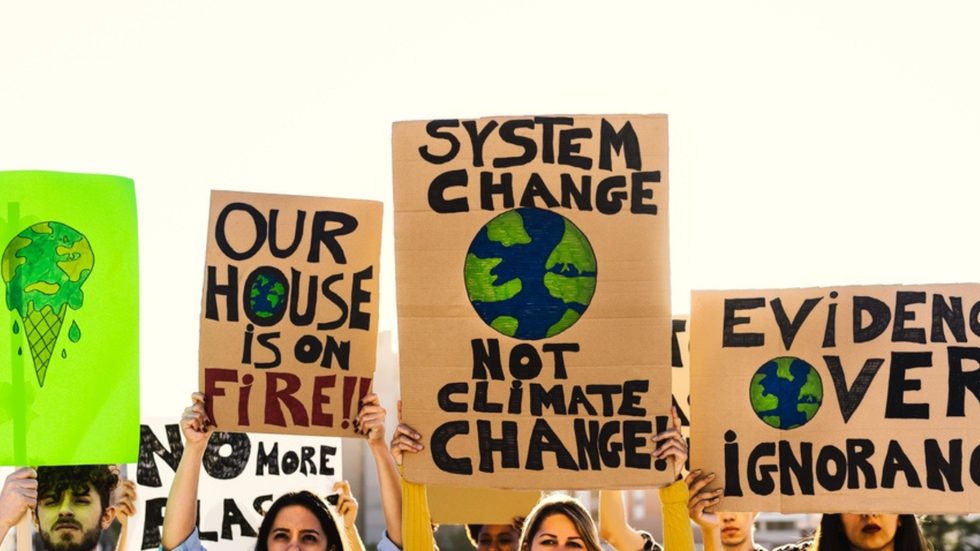
So they're coming together to drive climate justice, with the AYCC and SS4C working towards increased awareness.
"Young people are also prepared in their own ways to do things ... we've kind of seen that over the past ten or so years where young people have been very active in doing things around climate change,'' says Magee.
The recent United Nations Youth in Action report found that young people are increasingly aware of the climate crisis and are mobilising to take action. It also noted:
''Young people are not only victims of climate change. They are also valuable contributors to climate action.''
''I also think that all the progress that we have made on taking action on climate change is because of young people,'' adds Magee.
He may have a point. In the 2025 federal election, pro-climate independents recorded nearly a 4 per cent rise in primary votes while the Greens are expected to hold the balance of power in the Senate. These politicians, empowered by young people, may pave the way for stronger climate legislation and perhaps even a more hopeful future.
If you need help, call:
Lifeline: 13 11 14 (24/7 crisis support)
Kids Helpline: 1800 55 1800
Beyond Blue: 1300 22 4636
13YARN Australia: 13 92 76 (Dedicated crisis support service for Aboriginal and Torres Strait Islander peoples)
Related stories
Abisha is an undergraduate Media (Journalism) student at UNSW Sydney. She is engaged in both traditional print news as well as multi-media and digital storytelling, with a particular interest in the intersection of politics, culture and society.


